|
Signs of Illness in Exotic Pets

The Wonders and Responsibilities of Exotic Pet Ownership
|
Exotic pets captivate us with their unique behaviors, vibrant colors, and intricate patterns. They offer a window into the natural world's diversity, enriching our lives with their presence. However, the allure of these extraordinary creatures comes with a set of responsibilities that go beyond conventional pet care. Exotic animals have specialized needs that require keen attention and understanding. From diet and habitat to signs of illness, each species has its own set of requirements. Failing to meet these can lead to health issues that are often subtle and easily overlooked. Therefore, it's crucial for exotic pet owners to be vigilant and educated about the unique needs of their animal companions.
|
Common Exotic Pets and Their Signs of Illness
Birds (Parrots, Canaries, Finches)
|
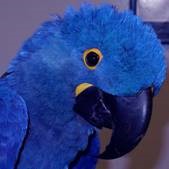
|
- Feather plucking
- Lethargy
- Change in droppings
- Respiratory Signs
- Beak abnormalities
|
Feather plucking can be a sign of stress or skin irritation. Respiratory signs like wheezing or coughing may indicate respiratory issues. Beak abnormalities could suggest nutritional deficiencies.
|
|
Reptiles (Snakes, Lizards, Turtles)
|
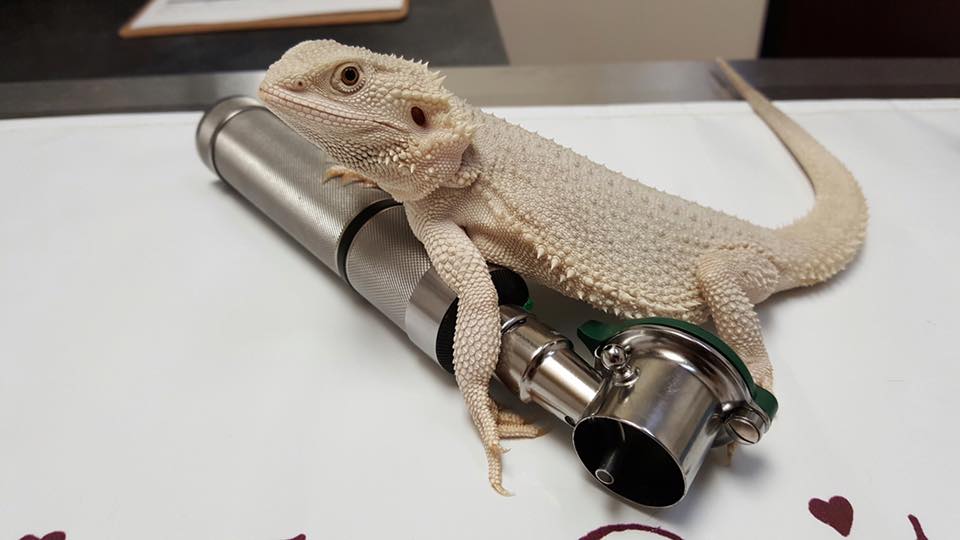
|
- Decreased appetite
- Swelling
- Difficulty shedding
- Mouth rot
- Limping or dragging
|
Decreased appetite could be due to stress or illness. Swelling may indicate infection or injury. Mouth rot is often a sign of bacterial infection.
|
|
Rodents (Hamsters, Guinea Pigs, Chinchillas)
|
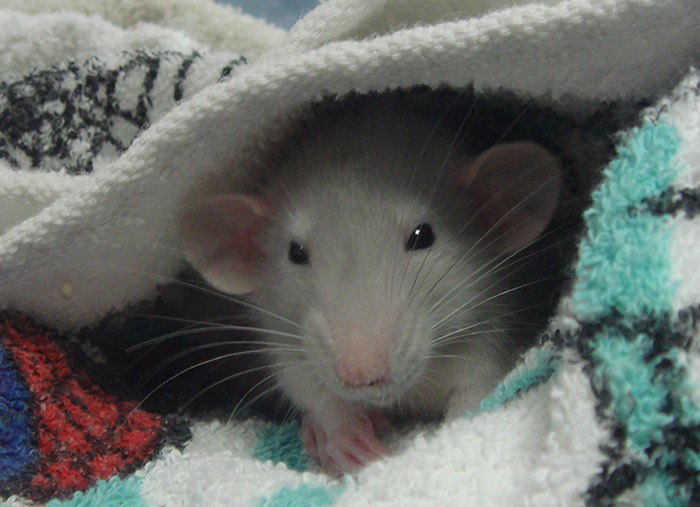
|
- Weight loss
- Labored breathing
- Discharge from eyes or nose
- Overgrown teeth
- Scratching or skin sores
|
Weight loss may indicate malnutrition or underlying illness. Labored breathing could be a sign of respiratory issues. Overgrown teeth may indicate dental issues.
|
|
Ferrets
|
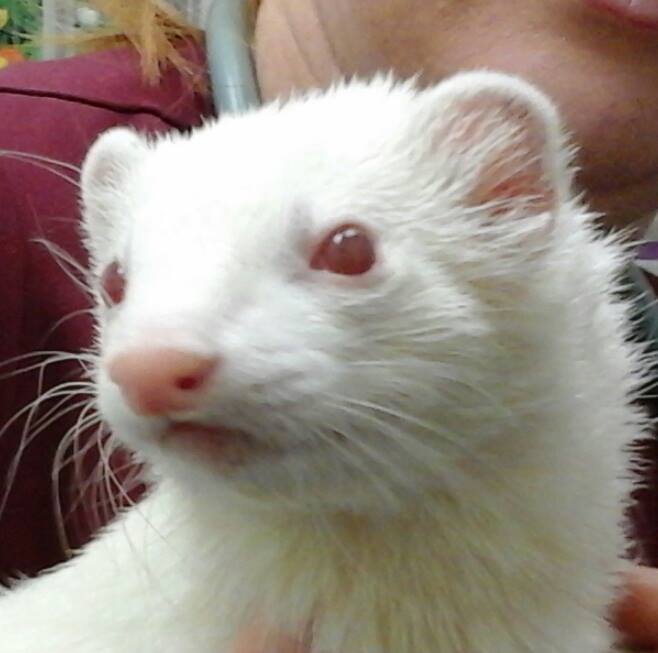
|
- Weight loss or gain
- Coughing or sneezing
- Lethargy or depression
- Vomiting or diarrhea
- Hair loss
|
Weight loss or gain may indicate metabolic issues or illness. Coughing or sneezing could be signs of respiratory concerns. Hair loss could be hormonal or due to skin issues.
|
|
Fish (Goldfish, Betta, Tropical Fish)
|

|
- Changes in swimming behavior
- Fading color
- White spots on skin or fins
- Bulging eyes
- Clamped fins
|
Changes in swimming behavior may indicate stress or illness. Fading color could be due to poor water quality or illness. White spots on skin or fins often indicate a parasitic infection.
|
|
Rabbits
|
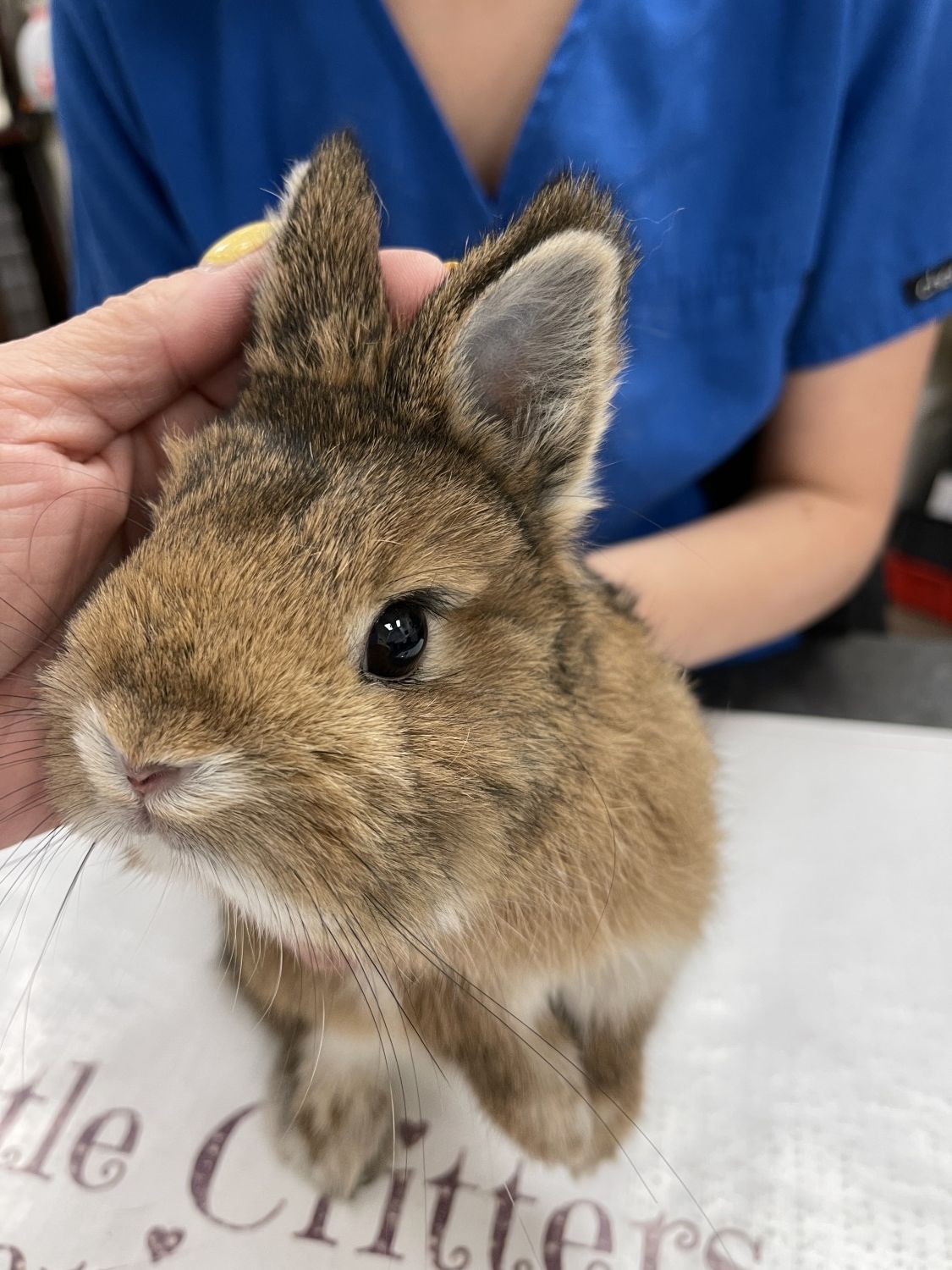
|
- Reduced appetite or anorexia
- Lethargy
- Change in fecal output
- Respiratory Signs
- Neurologic Signs
- Overgrown teeth
- Hair loss or skin sores
|
Reduced appetite or anorexia could be due to dental issues or gastrointestinal stasis. Lethargy is often a general sign of illness or pain. Respiratory signs like nasal discharge or sneezing may indicate respiratory issues. Neurologic signs such as head tilt or seizures could be indicative of a more serious condition. Overgrown teeth may suggest dental problems, while hair loss or skin sores could be due to parasites or skin conditions.
|
|
|